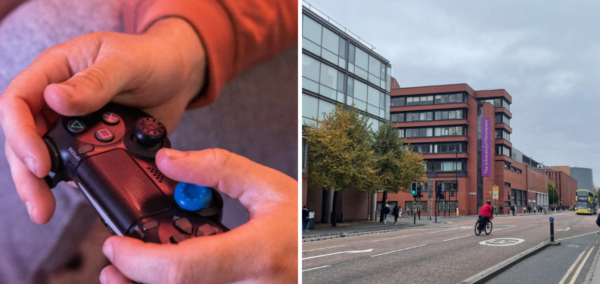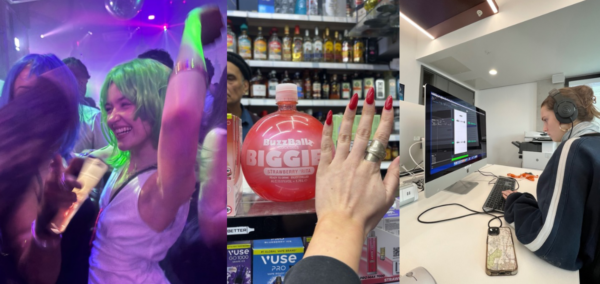
‘I’m exhausted’: Glasgow care-experienced students speak out about juggling work and uni
One student said she was working 15 hour days
Scottish care-experienced students are sharing what it’s like to juggle full-time university studies and jobs.
This comes as more university students in the UK are taking on paid employment than ever before as financial pressures like rent and bills weigh heavily on their shoulders.
But for care-experienced students, the burden is even greater, with many balancing full-time studies and part-time jobs to make ends meet. According to the Higher Education Policy Institute, students who have lived in care are the most likely group of people to be working whilst at university.
Leah Flint, a care-experienced graduate in Glasgow, retells the resilience required to survive this demanding lifestyle. During the summer, Flint worked 15 hour days to support both herself and her younger brother.
“It’s a huge responsibility,” she told the BBC, explaining how she balanced work, family obligations, and studies whilst navigating university life.
She added: “I was so stressed, there were no savings for me. So, I would start at usually around nine in the morning, and then I would finish up at 10, up until close, and then I would run over and do shot-girling which was really difficult because I was so run down.”
Leah said societies would often come into the bar she worked in but they couldn’t comprehend why she had to work so much: “I remember my friends coming in, and it was those typical societies, the ski societies, rugby, cheerleading. They couldn’t really understand why I was doing so many hours.”
Similarly, Charlotte Armitage, who is also a care-experienced graduate in Glasgow, too faced significant hurdles whilst at university.
Beyond the challenges of gaining admission to a Russell Group university, Charlotte also worked 21 hours a week to cover her living costs.
Most Read
“It’s not easy,” she admits. “I have to prioritise work to pay the bills, but that means I have less time to focus on my studies.”
She said her university recommended she dedicate around 50 hours per week to independent study which left her feeling concerned about how to juggle both her work and assignments.
The workload, combined with her job, often stretched her time to the limit. Looking back on her time at university and what she told herself as an undergrad, she explained: “There are days when I’m exhausted, but I know I can’t afford to stop working.”
For care-experienced students, financial independence is often a matter of survival. A spokesperson for the Scottish Government said it offers a £9,000 bursary to help ease the burden, with over 2,000 care-experienced students set to receive this support this year. However, this doesn’t always cover all living expenses, meaning students still rely on part-time work to stay afloat.
Charlotte explains that care-experienced students should ask for help and as when they need it. She said: “First of all, it’s really really hard to get into university as a care-experienced student in the first place. There’s a lot of hurdles you need to jump over, [and] a lot of self-advocating that you need to do, to get here in the first place.”
She added that whilst there may be challenges along the way, that you shouldn’t listen to the naysayers, saying: “Don’t let anyone tell you that you can’t do it because you can.”
Featured image via YouTube



















